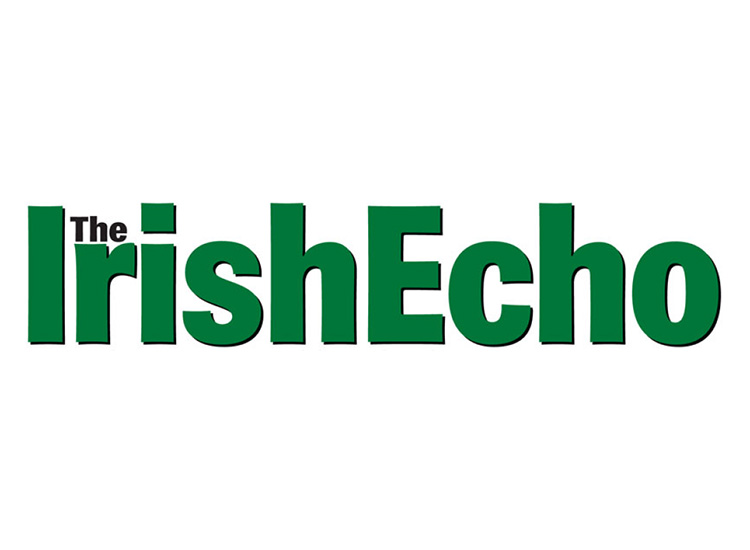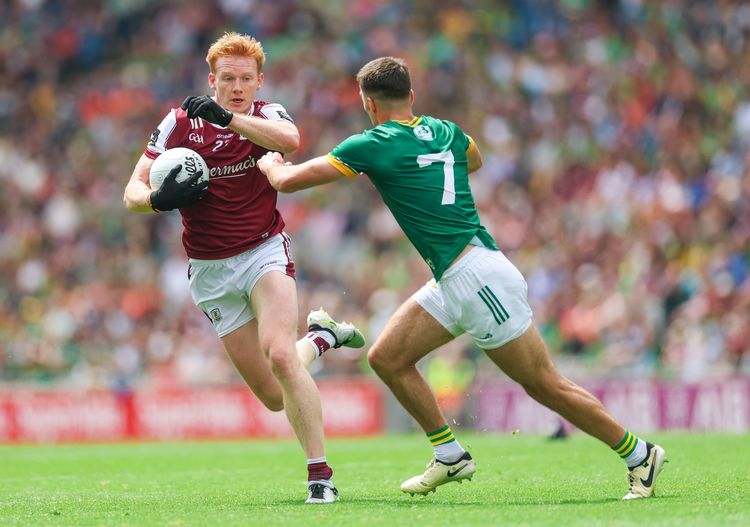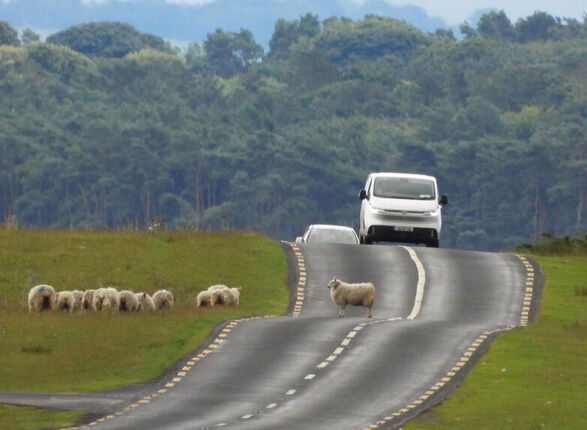Page Turner / Edited by Peter McDermott
When asked by the Echo what his latest book, “The Dirty Dust,” is about, Alan Titley said: “It’s about 320 pages long.”
But then he helpfully elaborated: “It is a novel about the wonderful bitchiness and savage petty hatreds of rural Ireland. All the characters are dead, but continue their feuds and fights and hatreds under the clay. All inhuman life is there. It is as wonderful as life and as real as the grave. It is both savage and funny, which are closely related.”
Of course, he was actually praising someone else: Máirtín Ó Cadhain, the author of the original, the Irish-language classic “Cré na Cille.”
It’s been left to others to hail the translator and his work.
Seamus Deane, for instance, said: "Alan Titley’s translation has the idiomatic speed and eagerness of the original. It has a composer’s grasp of tempo and of thematic signature. It is finally through it that we begin to see the nature of O Cadháin’s achievement. Now, with Titley's wonderful translation, the great novel lives again."
What the London Sunday Times reviewer Adam Lively called a “darkly comic masterpiece,” with its “exhilaratingly free-wheeling celebration of all that is worst in human nature,” has been, according to John Banville, “locked away from non-Irish speakers for too long.”
Banville added that Titley, the former professor of Irish at St. Patrick’s College, Drumcondra, and Professor of Modern Irish at UCC, “was just the man to put it into English, and I welcome this wonderfully vigorous translation.”
Titley, who “has seen a goodly part of the world [and] wants to see more,” will be in New York for “The Dirty Dust” events during the last week of April.
Alan Titley
Date of birth: June 28, 1947
Place of birth: Cork City.
Spouse: Mary
Children: Gavan, Keelan, Aoife, Brona, Fergal.
Residence: Glasnevin, Dublin.
Published works: Six novels in Irish, three collections of stories, plays and poetry. In English “Parabolas” (Lagan Press, Belfast), a collection of stories, “A Short History of Gaelic Culture” (O’Brien Press, Dublin), “Nailing Theses: selected essays” (Lagan Press, Belfast).
What is your writing routine?
Sometimes this, sometimes that and sometimes the other. Depends entirely what needs to be done. A lot of writing takes place in the head, and this goes on all the time, even when in slumber deep.
Are there ideal conditions?
I was always used to children outside my door, laughing, talking, squabbling, cracking one another up, so I got used to noise and the patter of humanity. Silence kills me, so human noise, not the radio or the TV, is a great stimulus.
What advice do you have for aspiring writers?
Just put one word in front of another. Then another sentence ahead of that. Then build a paragraph, then a page, then a chapter. Then another one. Keep going till you come to the end. And then, whatever criticism is made of you, take it to your heart, listen to it, and make all those faults and quibbles bigger and worser and awfuller, because that is what makes you you, and not some other dull workshopped dude.
Name three books that are memorable in terms of your reading pleasure.
“The Island of Second Sight” by Albert Vigoleis Thelen; “Autobiography” John Cowper Powys; and “An Béal Bocht/ ‘The Poor Mouth’, Myles na gCopaleen/ Flann O’Brien.
What book are you currently reading?
“Selected Poems” of Yannis Ritsos; Paul Preston’s “The Spanish Holocaust”; Anamlón Bliana,” the diaries of Seán Ó Ríordáin, edited by Tadhg Ó Dúshláine; and “Memory of Fire” by Eduardo Galeano, constantly.
Is there a book you wish you had written?
“The Little Red Book” by Mao Tse Tung, as it was a huge world-wide bestseller.
Name a book that you were pleasantly surprised by.
Fargher’s “English-Manx Dictionary.”
If you could meet one author, living or dead, who would it be?
The guy who wrote ‘The Book of the Apocalypse’ in the New Testament, just to ask him what drugs he was on at the time.
What book changed your life?
One of the “Rupert the Bear” books. I could read independently for the first time!
What is your favorite spot in Ireland?
Croke Park when Cork win the All-Ireland hurling championship.
You’re Irish if…..
The first question you ask another Irish person whom you meet abroad, even in Ulan Bator, or Tierra del Fuego, is “Where are you from?” And then, you reach for your battery of prejudices and batten down the hatches accordingly.










